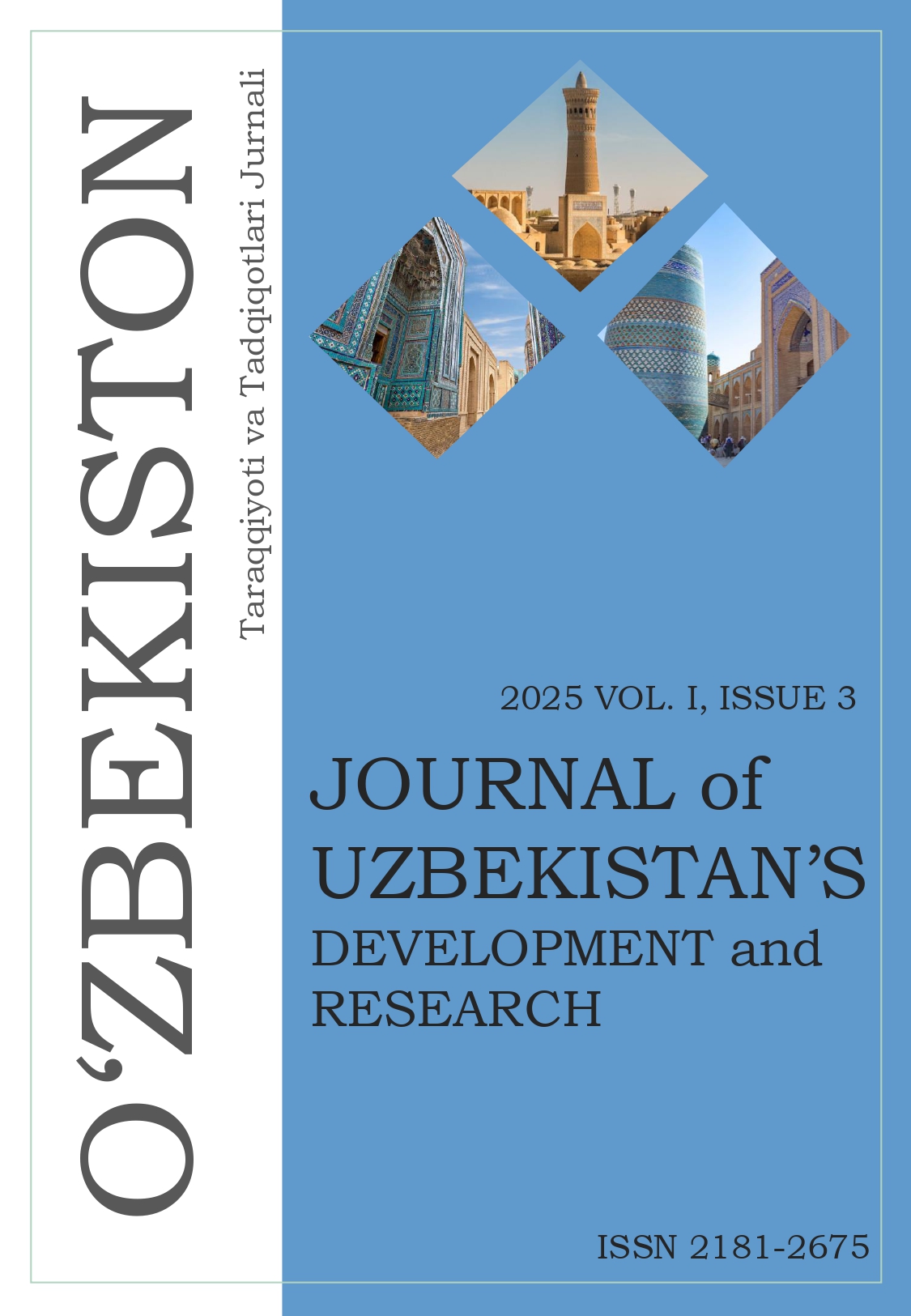EXPOSING INEQUALITY: CLASS IDENTITY AND SOCIAL CRITIQUE IN THE WORKS OF GEORGE ORWELL
Keywords:
George Orwell, class identity, social criticism, inequality, totalitarianism, Marxis, dystopia, satire, oppression, political literature.Abstract
This study examines the portrayal of class identity and social criticism in George Orwell's major works, focusing on Animal Farm, 1984, and Down and Out in Paris and London. It explores how Orwell exposes systemic inequality, power imbalances, and class oppression through satire, allegory, and dystopian narrative. Using Marxist and socio-political literary theory, the research highlights Orwell’s critique of totalitarian regimes, capitalist exploitation, and social stratification. The findings demonstrate Orwell’s commitment to truth-telling and his enduring relevance in contemporary debates about class and justice.
References
1.Althusser, L. (1971). Lenin and Philosophy and Other Essays. Monthly Review Press.
2.Orwell, G. (1933). Down and Out in Paris and London. Victor Gollancz.
3.Orwell, G. (1945). Animal Farm. Secker and Warburg.
4.Orwell, G. (1949). 1984. Secker and Warburg.
5.Orwell, G. (1950). The Collected Essays, Journalism and Letters of George Orwell. Harcourt.
6.Patai, D. (1984). The Orwell Mystique: A Study in Male Ideology. University of Massachusetts Press.
7.Rodden, J. (2001). George Orwell: The Politics of Literary Reputation. Transaction Publishers.
8.Rossi, J. (2013). The Politics of George Orwell. Routledge.
9.Williams, R. (1977). Marxism and Literature. Oxford University Press.
10.Zwerdling, A. (1974). Orwell and the Left. Yale University Press.
Published
Issue
Section
License
Copyright (c) 2025 Roʻziyeva Mehribon (Author)

This work is licensed under a Creative Commons Attribution-NonCommercial-NoDerivatives 4.0 International License.
All Rights Reserved.





